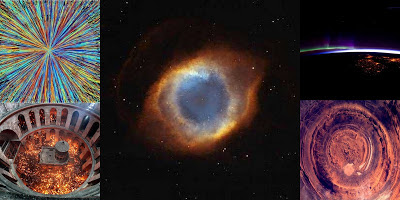Translated from Russian
http://www.bogoslov.ru/text/4495228.html
http://rpczmoskva.org.ru/stati/domuschi-stefan-cerkov-necerkovnyx.html
http://internetsobor.org/apostasiia/tcerkov-i-mir/apostasiia/tcerkov-netcerkovnykh
Church of The Unchurchly
April 1, 2015
Domuschy Stefan, priest
The article by Ph.D., candidate of
theology priest Stephen Domuschy is devoted to the study of the phenomenon of
religious identity and the specifics of its development in the history of
Christianity. It focuses on the issue of the mismatch of objective and
subjective criteria of belonging to a religious community. Further, the
question is discussed about the causes and the possible consequences of the
actual legalization of the impoverished religious identity of today.
At present, quite a lot of research
is devoted to the issues of identity – both religious and moral. Typically,
identity is understood as a "man's awareness of one's belonging to some
group, allowing one to determine one's place in the socio-cultural space" [1]. The word group
itself, with its clarity, suggests boundaries or criteria of belonging, beyond
which it is impossible to identify oneself as [being]
a part of it.
Moreover, using the word
"awareness" we need to understood that the measure of awareness may
be different. A man can be aware of oneself as belonging to a group, without [taking] a thought about what criteria exactly
that belonging matches. In the minds of such a man identity boundaries are
there implicitly, these have not been given meaning.
Identity can well
be set by a single sign, and it can also
be created by a set of signs. In the latter case the signs themselves are
different, but for the identity implementation they all prove necessary.
It is important to bear in mind
that identity may be subjective and objective. In the former case, a man
independently assesses the extent of one's eligibility vis-à-vis that
determining the boundaries of the group. At that, one may well mistakenly
accept as being the major criteria ones that for the group itself may be
necessary, although insufficient, [ones]
that may be secondary, an may well even be imaginary, thought-up.




